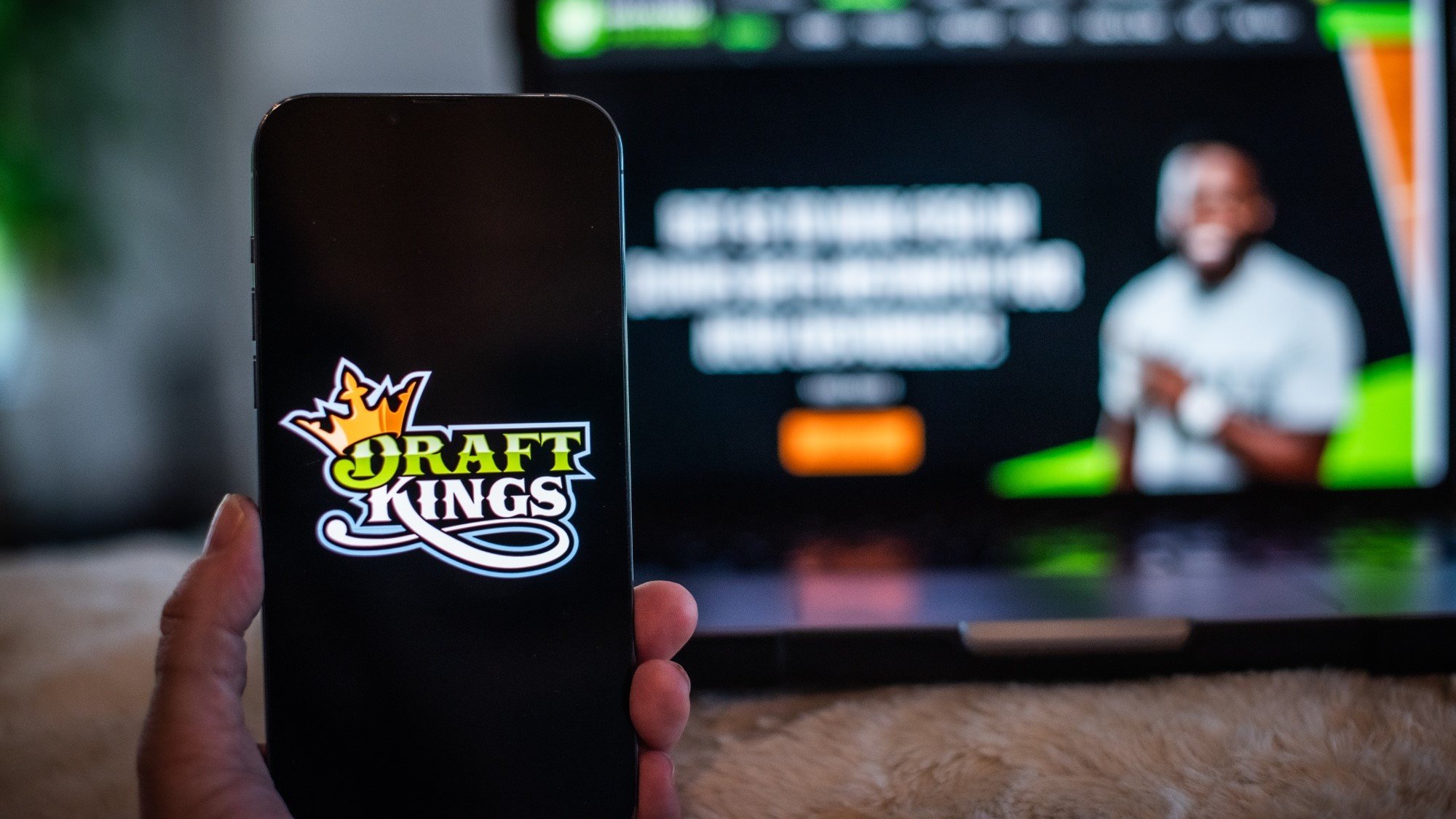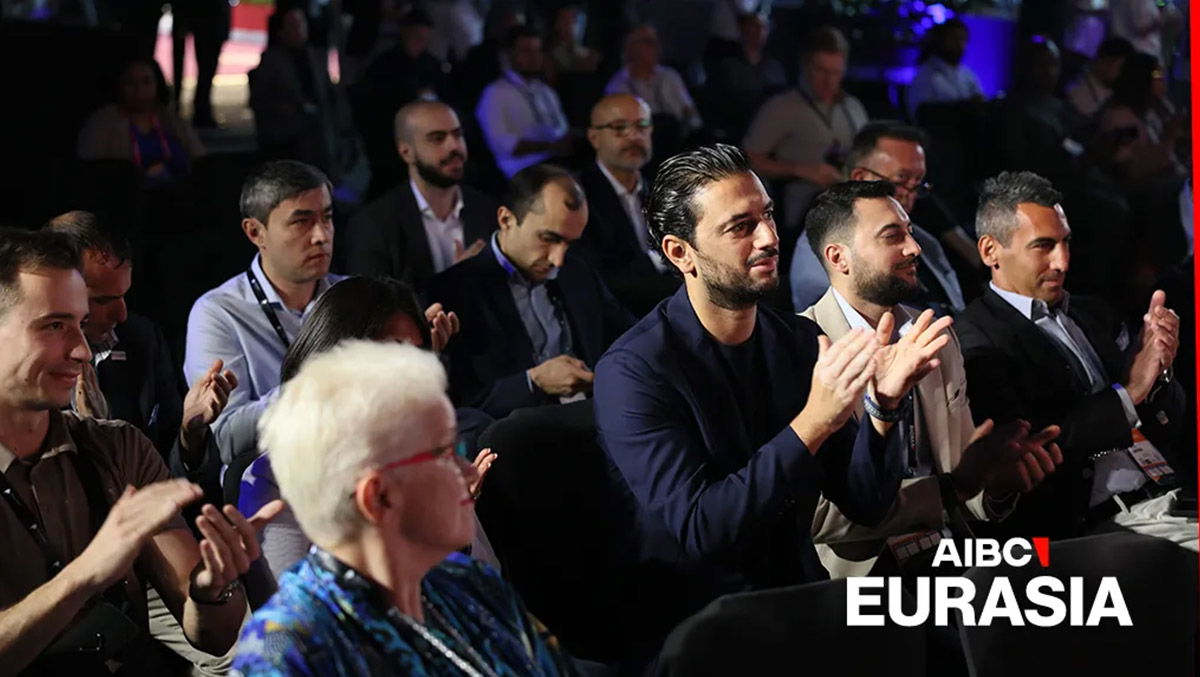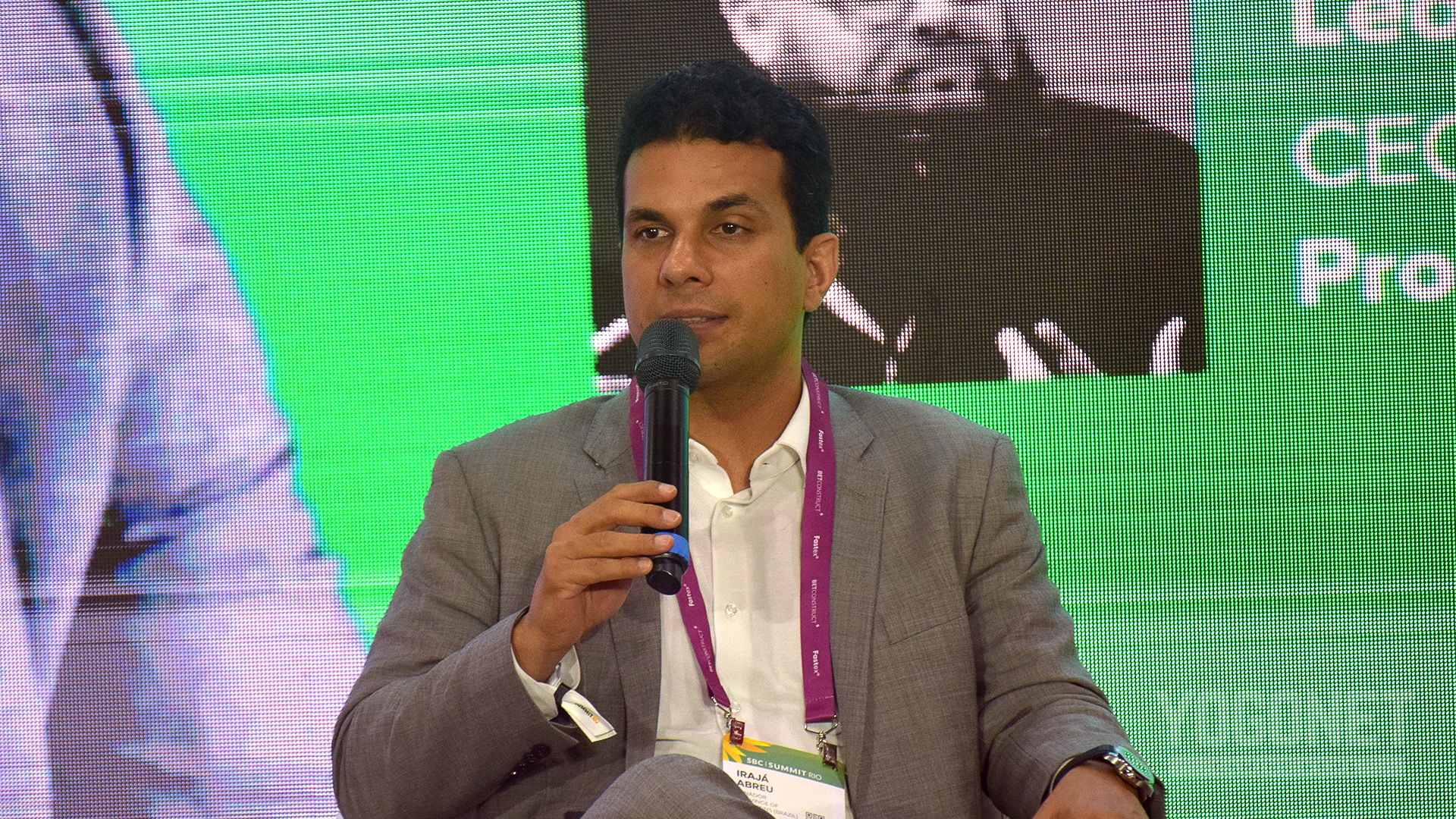Oklahoma Governor unveils plan for legal retail, mobile sports betting

Oklahoma Governor Kevin Stitt has unveiled a proposal to legalize and regulate sports betting in the state, with plans that include both in-person and online wagering. Under the plan, betting at physical locations would be exclusive to establishments operated by federally recognized tribes.
Pursuant to updated tribal gaming compacts, retail sports betting would be subjected to a 15% tax. Meanwhile, sports wagering conducted via mobile devices through state-licensed operators would face a proposed tax rate of 20%.
"I promised Oklahomans if we pursued sports betting, we would do it right — and this plan does just that," said Governor Stitt. "Thirty-five states have already legalized sports betting, and it'll be a great revenue stream for the state. Tribes will be able to add it onto their existing infrastructure, and Oklahomans can access it right from their phone."
The plan also seeks to protect student-athletes, establishing a ban on prop bets (bets on specific events within the game) and bets on the individual performance of student-athletes. It also prohibits bets on coaches and referees, as well as banning bets related to injuries. These measures are being reinforced while Oklahoma officials await guidance from the NCAA and sports conferences on how to regulate these practices.
To enter the online market, interested organizations will have to pay an initial licensing fee of $500,000 and a subsequent annual fee of $100,000.
Oklahoma is one of only 15 states yet to regulate sports wagering. In August, during the annual convention of Oklahoma's tribal gaming sector, Matthew Morgan, president of the Oklahoma Indian Gaming Association, which orchestrated the event, pointed to an impasse in state-tribal relations as a major obstacle. A total of 35 tribes currently offer some form of gambling in Oklahoma.


















































